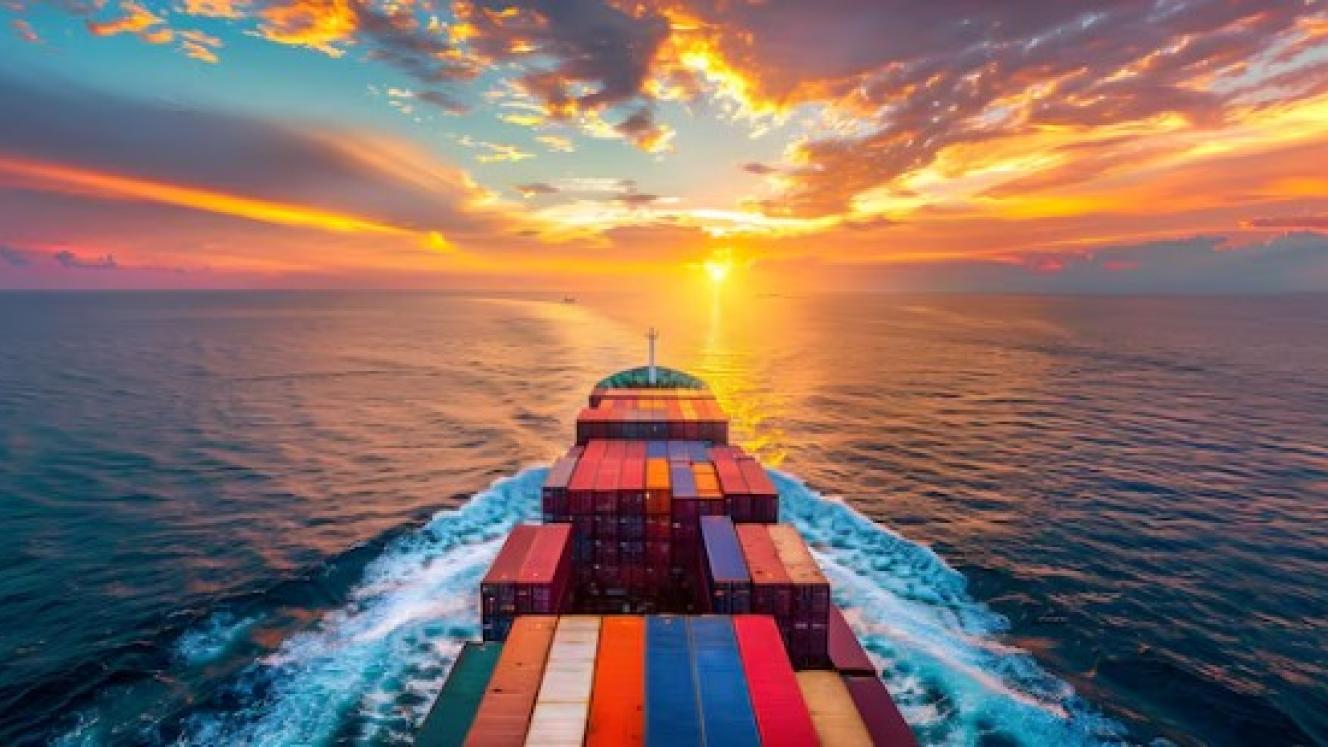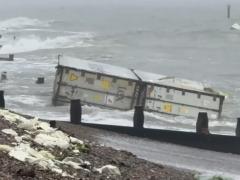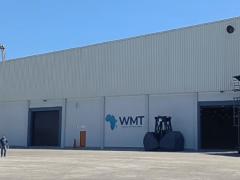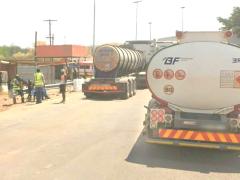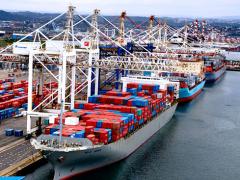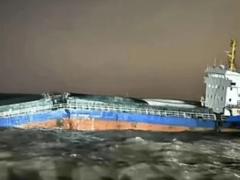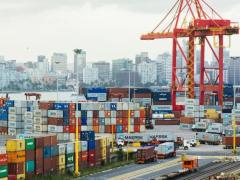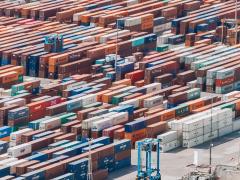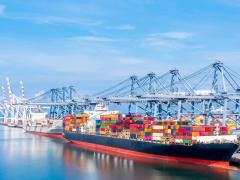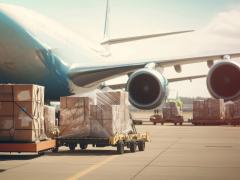Economist Wandile Sihlobo recently pointed out that, as 2021 progressed, “numerous reports of infrastructure destruction in the rail system surfaced, posing a risk to agriculture and other export-orientated sectors”.
While the agricultural sector was remarkably resilient through incredibly difficult economic conditions, it could not reap the full benefits because, at various points, infrastructure and inefficiency problems – in ports and rail especially – inhibited exports.
Instead of pursuing Localisation Master Plans – which have many more potential downside than positive effects – government should focus its limited resources on improving infrastructure and encouraging private-sector skills- and capital-investment.
The Bureau for Food & Agricultural Policy (BFAP) estimates that in 2021 local agriculture grew by 7.6%. Exports were up by 23% on the previous year, with maize recording its second-largest harvest yet in – 16.2Mt; citrus exports grew 13.2%, hitting a record 162-million cartons.
However, the Bureau expects that the sector will shrink by 7% in 2022, due to both exceedingly high and consistent levels of rainfall, as well as serious infrastructure issues, particularly regarding the state of roads. With ever more freight pressure on roads across the country as a result of the continuing decline of the railways, farmers and other players in supply chains are pushed to rely on crumbling roads.
In early 2022, delays of up to nine days affected the port at Cape Town. Sihlobo writes that “at the peak of the citrus harvest and export season [in 2021], congestion at the port of Durban and problematic Transnet infrastructure were major challenges for the industry”.
He calls on government to focus security efforts on curbing vandalising of Transnet infrastructure, and argues that “collaboration between business and Transnet in investing in ports should also be prioritised”.
Also in January this year, government announced R26 billion in investments at the port in Durban. While this is a welcome and positive sign on the surface, serious concerns remain as to whether these investments will be done in the most economically sound manner.
Throughout 2021 Minister of Public Enterprises Pravin Gordhan indicated that government was open to using private-sector skills and investment in the ports. An entity separate from Transnet, the Transnet National Ports Authority, would oversee this particular area of operations. However, in light of steady operational decline and financial mismanagement at the majority of the state-owned entities over the last decade, it remains to be seen whether this particular ‘new’ SOE’s board and management will be allowed to operate efficiently, free from political ‘oversight’ and interference.
The South African trade policy space is currently dominated by discussions about, and in some cases implementation of, numerous Localisation Master Plans. Broadly, localisation can be achieved in two ways: increasing tariffs and duties on imported goods, products and services; and providing subsidies and other forms of stimulus for locally manufactured goods, products and services.
But amid all the talk of reindustrialising the nation and spurring demand for locally produced goods, not nearly enough serious attention and resources have been dedicated to fixing the basic problems that inhibit the country’s trade potential – specifically, infrastructure.
Ferdi Meyer, a director of BFAP and associate professor at the University of Pretoria, has named what in his view are the biggest growth-inhibiting factors in the agricultural sector.
“The realities include logistics that cannot keep up with the increasing produce, service delivery of water, electricity that’s really becoming a major issue, and roads that are [also] a major issue.”
About 75% of domestic grains are moved by road.
The persistent and unconscionable fuel price increases over the last few months will have added yet more pressure on farmers and others. These costs will, eventually, be felt most seriously by lower-to-middle-income consumers.
Instead of trying to ‘stimulate’ arbitrarily decided-upon local products, government can do infinitely more good over the long-term by allowing private-sector investment in the ports. Transnet can also sell parts of its remaining rail networks to private investors, ensuring that those investors would take responsibility for security and upgrades.
By cutting its public-sector wage bill, government can also lighten pressure on itself and incentivise the lowering of the taxes that it collects as part of the fuel price – this will greatly alleviate a burden on farmers, truckers and manufacturers who move goods across the country.
South Africa will not reap the benefits of the Africa Continental Free Trade Area, especially in the areas of investment, technological advancement, and job creation, without fixing the structural impediments that discourage improving and upgrading the country’s ports and rail networks.
When it takes much longer than average for containers to be unloaded, businesses will try to find other routes – possibly through our neighbouring countries. Those countries will experience increased activity and investment. When our own farmers’ and manufacturers’ operations and product movement are stopped at every corner by bureaucracy, security issues, corruption, and inefficiency, they are simply incentivised to shift part, or all, of their operations to other countries – and all the accompanying job opportunities will go with them.
Localisation will not cure the deep-set impediments that undercut the country’s manufacturing and trade potential.
Chris Hattingh is Deputy Head of Campaigns at the Institute of Race Relations. He is a member of the advisory council of the Initiative for African Trade and Prosperity, and a Senior Fellow at African Liberty.

